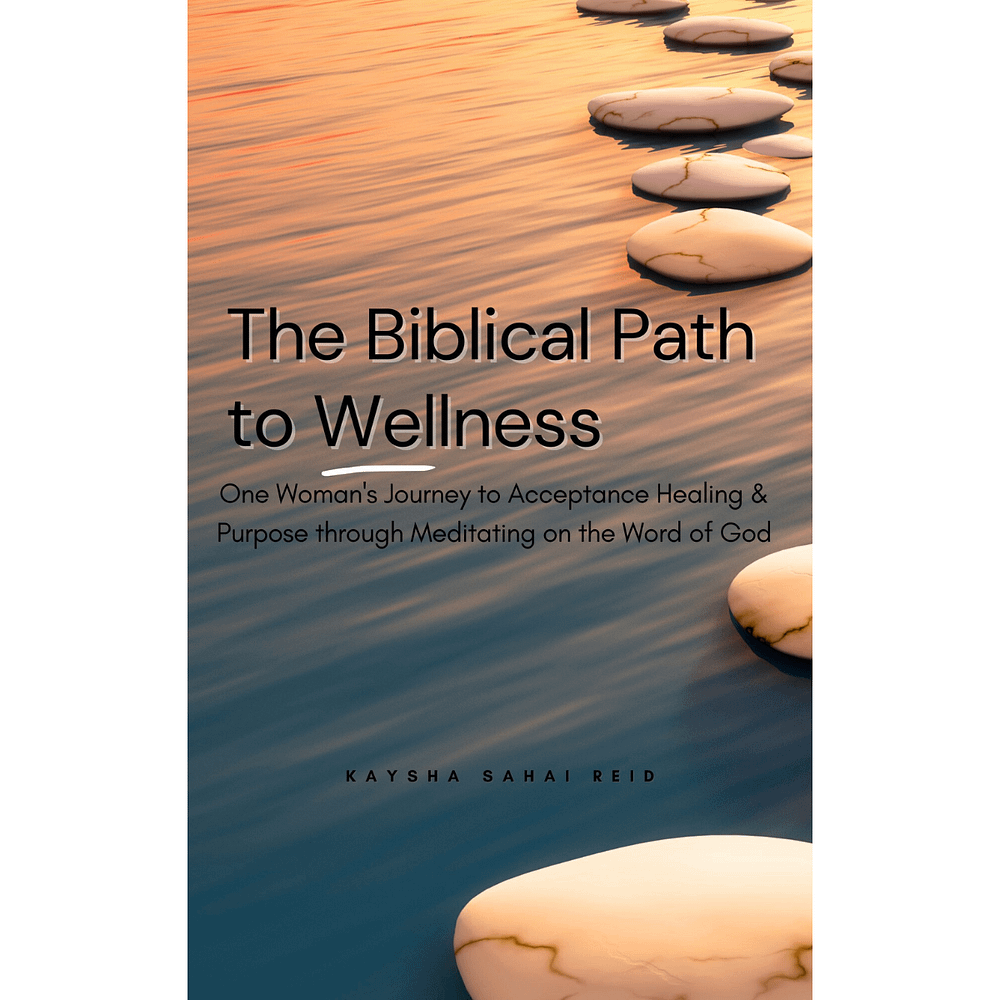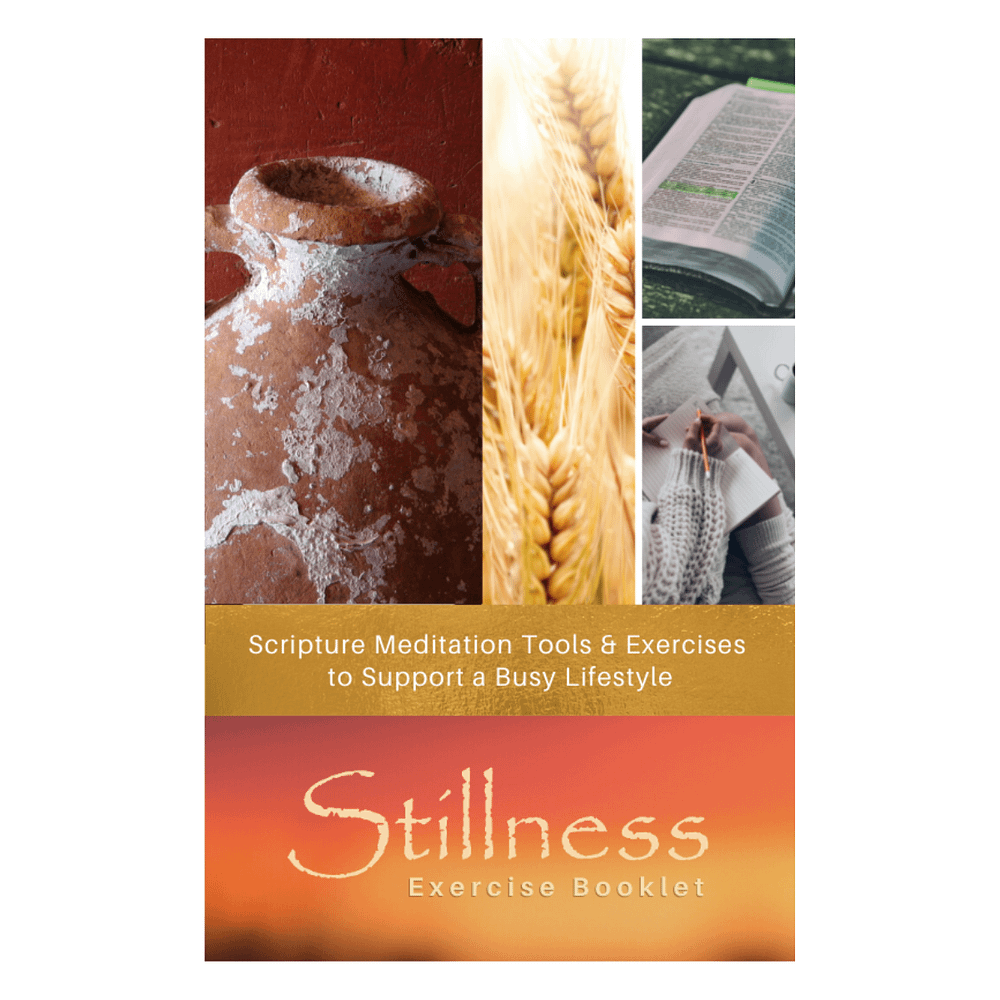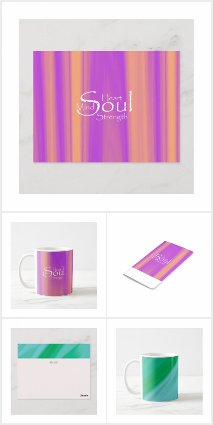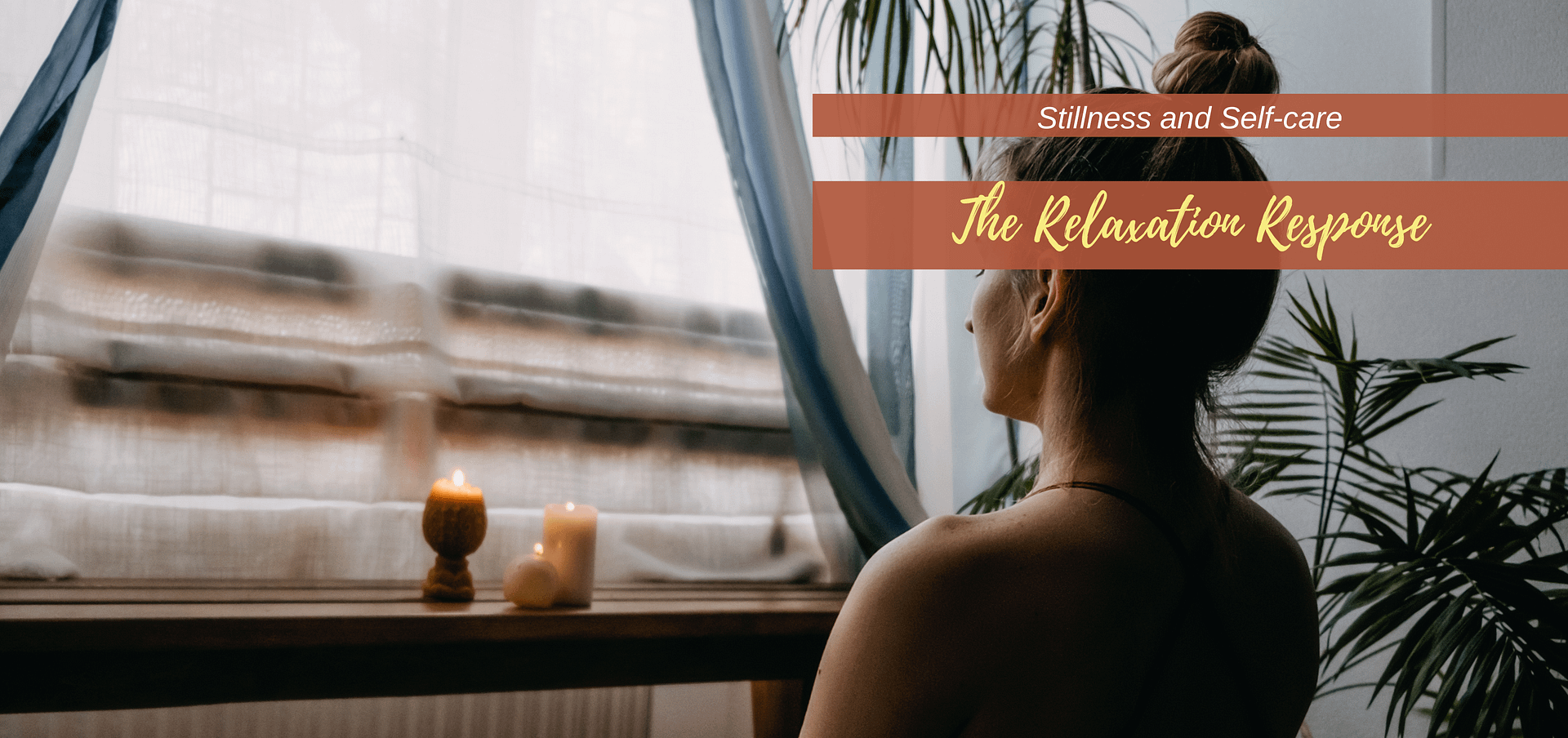
The Relaxation Response
It’s no secret that stress can have a negative effect on our lives. The good news is, having an understanding the relaxation response and utilizing certain tools, may help us to better manage it.
That said, relaxation is defined as, “a lessening of tension,” which can include relieved muscle tension, a quiet body response, and rebuilt energy resources. This outcome is what is referred to as the relaxation response.
Understanding the Relaxation Response
“The relaxation response” was first coined by Dr. Herbert Benson of Harvard Medical School. According to Dr. Benson, it is “a physical state of deep rest that changes the physical and emotional responses to stress and the opposite of the fight or flight response.”
Consequently, we won’t activate the relaxation response by lounging around the house all day or sleeping. Instead it involves the use of proper techniques and tools, which will of course help to facilitate physical well-being, endurance and better sleep.
Stress and the Relaxation Response
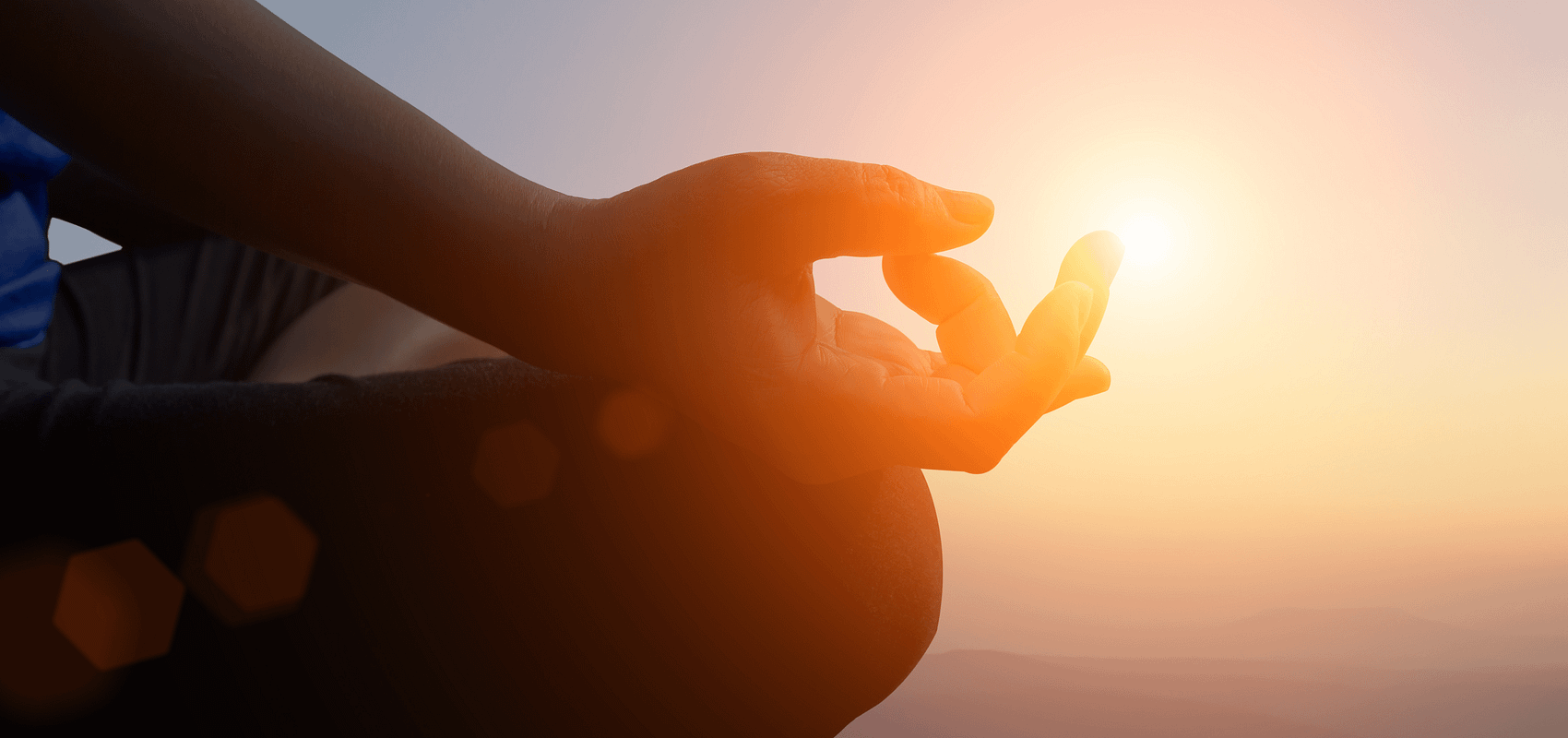
Stress is a part of everyday life. However, when the nervous system is overwhelmed by stress, it inundates the body with chemicals that prepare it for “fight or flight.” Yet while the stress response is needed for learning, creativity, and can be beneficial in situations where you need to act quickly, it wears the body down when there is constant activation.
The Benefits of the Relaxation Response
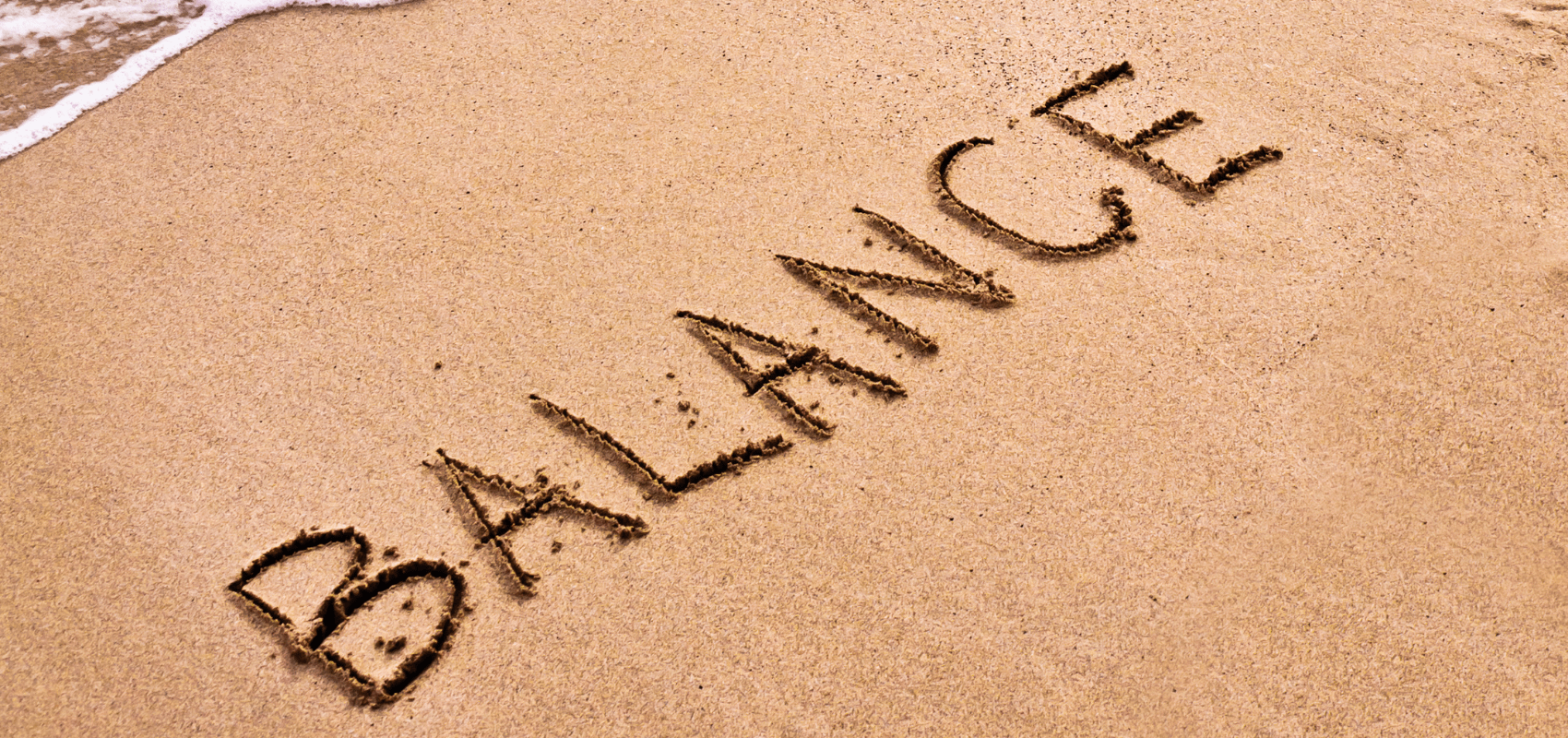
Studies reveal that proper relaxation may have a positive effect on our overall health and well-being. Essentially, when we activate the relaxation response, it enhances our immune system functioning. This means an improvement in breathing, sleep patterns, digestion and mental clarity occurs. Moreover, when we allow the system to experience this rest, it creates a balance awareness that enables us to develop more endurance and make healthier and wiser lifestyle choices.
Utilizing Relaxation Techniques
The most common and effective relaxation techniques involve meditation and proper deep breathing exercises.
Meditation
In the American Heritage Dictionary, Meditation is defined as: a devotional exercise of or leading to contemplation. The word meditation is synonymous with words like thought, reflection, concentration, and even prayer. Additionally, hagah, the Hebrew word for meditate also translates to words like murmur, ponder, speak, imagine and study. Therefore, as essential as these all are, meditation is more than just a practice; it is a lifestyle. For instance, with scripture meditation, the goal is to seek to commune with God by contemplating on His Word. This basically allows us to renew our minds and continuously build our faith, as we connect more with scripture and apply it to our day-to-day lives.
Tune-in every day @ 6:30 am Eastern for Guided Morning Meditations. Learn more
Breathing Exercises
When it comes to proper breathing, our souls (mind, will and emotions) as well as our bodies, were not meant to function in a healthy way without our natural breathing pattern. This is because the breath is what essentially makes us a living soul (Genesis 2:7). However, for many us, due mainly to the pressures of life, our breathing tends to become more and more shallow over time. Yet this creates an imbalance that can hinder our physical health and well-being. Hence the reason why proper breathing exercises play such a key role in our pursuit of wellness.
Join me every day @ 1 pm Eastern for a Proper Breathing segment. Learn more
Tools for Managing the Negative Stress in Our Lives
In our daily lives, we all have to figure out our stress triggers and how we react to them. In other words, know what situations tend to make you stressed and understand those you can and can’t control. It may also be helpful to prioritize tasks and/or prepare for stressful events in advance.
Finally, knowing how to relax and be still are vital aspects of effective stress release. Ultimately, they both contribute to the maintenance of our overall health and well-being. So never rule out visiting a community health and wellness center or consulting a licensed professional if you are having any difficulty managing stress.


